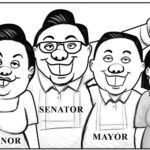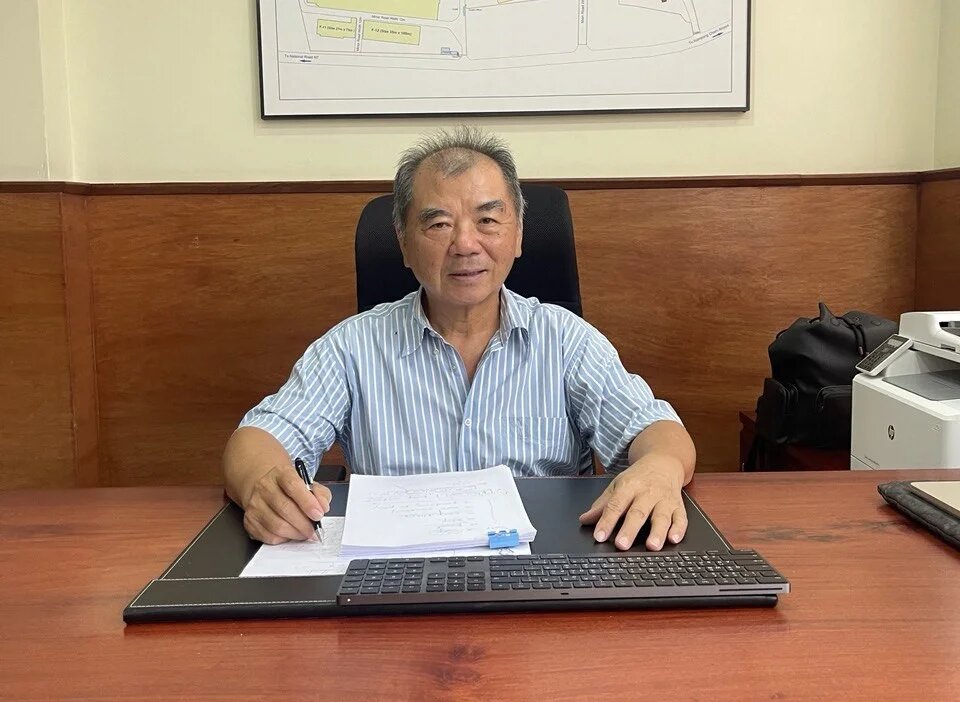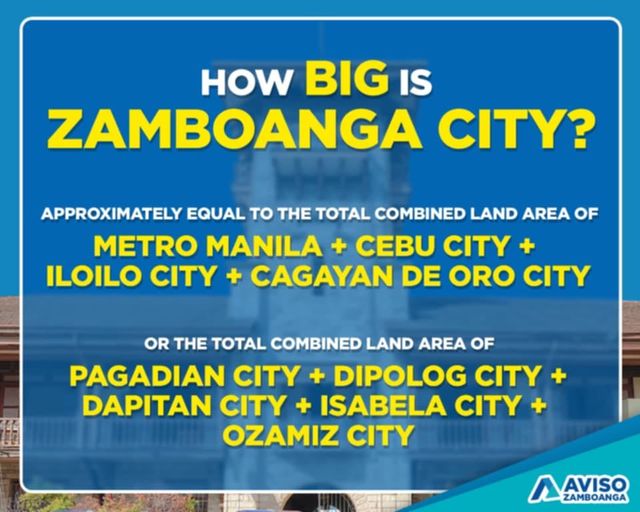Think Biotech Cambodia Co., Ltd., a pioneer in sustainable forestry and plywood distribution, is led by the innovative Managing Director, Lu Chu Chang. Under his stewardship, the company has reached significant milestones in sustainable development, community engagement, and environmental conservation. This article delves into Lu Chu Chang’s extraordinary journey, his contributions to Think Biotech, and the positive impact he has made in Cambodia.
Early Beginnings and Vision
Originating from Taiwan, Lu Chu Chang has been investing in Cambodia since 1991. With a profound dedication to sustainable practices and community development, he assumed leadership of Think Biotech with the ambition of transforming it into a paradigm of ethical and responsible forestry. His goal was to build a company that not only prospers economically but also makes a positive contribution to the local community and the environment.
Can you explain the importance of sustainable timber practices and their impact on the environment?
Sustainable timber practices are crucial because they ensure that plantations are managed responsibly, allowing them to regenerate and continue providing essential ecosystem services. These practices help in maintaining biodiversity, preventing soil erosion, and mitigating climate change by sequestering carbon.
What specific steps does your company take to ensure sustainable timber harvesting?
Our company conducts thorough environmental impact assessments before any harvesting activities. We follow a strict harvesting plan that includes selective logging, maintaining buffer zones around water bodies, and replanting trees to ensure the plantation can regenerate.
How do you balance the need for timber production with the conservation of plantation ecosystems?
We adopt a landscape approach to plantation management, integrating conservation areas within our production plantations. This ensures that critical habitats are protected while allowing for sustainable timber extraction in designated zones. We also collaborate with environmental NGOs to monitor and preserve biodiversity.
What is the primary focus of Think Biotech, and what sets it apart from other companies in the industry?
Think Biotech is focused on sustainable forestry and the distribution of plywood. Our operations are centered around planting trees and ensuring that our timber is legally sourced, meeting international standards like the Lacey Act. What sets us apart is our commitment to sustainability and community involvement. We have already planted trees on 15,000 hectares of land and aim to plant 30 million trees by 2025.
How does sustainable timber harvesting contribute to the local communities where your operations are based?
We prioritize hiring local workers, providing fair wages and training in sustainable practices. Our operations support local economies through infrastructure development, education, and healthcare initiatives. Additionally, we engage with local communities to ensure their needs and traditional rights are respected.
Can you share some innovative practices your company has implemented to enhance sustainability in timber production?
We have integrated drone technology for plantation monitoring, which allows us to assess plantation health and plan harvesting activities more efficiently. We also use advanced GIS mapping to minimize environmental impacts and identify conservation priorities within our operational areas.
What role does technology play in your sustainable timber practices?
Technology is a vital tool for us. It helps in accurate mapping and monitoring of plantations, improving transparency and efficiency in our operations. For example, we use satellite imagery to detect illegal logging activities and track the growth and health of replanted areas.
How do you ensure transparency and accountability in your supply chain for sustainably sourced timber?
We implement a robust chain-of-custody system that tracks timber from the plantation to the final product. Regular third-party audits and transparent reporting practices ensure compliance with sustainability standards and build trust with our stakeholders.
What are some of the biggest challenges your company faces in maintaining sustainable timber practices, and how do you overcome them?
One of the significant challenges has been accusations of illegal logging. We have always operated within the legal framework, sourcing timber from government-approved areas. These accusations are often unfounded and politically motivated. We have increased transparency and compliance, working closely with local authorities and environmental organizations to ensure all our operations are legitimate. By maintaining high standards of operation and transparency, we have been able to build trust and credibility in the industry. We address this by collaborating with local authorities and communities, investing in security measures, and using technology for real-time monitoring. Education and awareness programs also help in reducing demand for illegal timber.
What future initiatives or goals does your company have in place to further improve your sustainable timber practices?
We aim to expand our reforestation programs, introducing more native species to enhance biodiversity. We’re also investing in research to develop more sustainable harvesting techniques and exploring partnerships with conservation organizations to scale our impact.
Can you tell us more about your plantations in Cambodia and how they contribute to sustainable timber practices?
We have extensive plantations in Cambodia, where we focus on sustainable timber production. Our plantations are managed to ensure minimal environmental impact, and we replant trees to maintain plantation cover. This not only supports our timber needs but also helps in carbon sequestration and provides jobs to the local communities.
How does Think Biotech contribute to the local community?
We believe in uplifting the local community alongside our business growth. Currently, we employ 196 local workers in our plantation and 579 workers in our plywood factory. Many of these employees were previously involved in illegal logging but now have stable, legal employment. Additionally, we have established a clinic providing free healthcare, built roads to improve accessibility, and set up a kindergarten offering quality education to local children. Our community development initiatives are designed to create a positive impact and improve the quality of life for the local population.
What message would you like to share with other business leaders about sustainability and community development?
My message to other business leaders is that sustainability and community development should be at the heart of any business. It’s not just about profitability but also about making a positive impact on the environment and the lives of people. By investing in sustainable practices and supporting local communities, businesses can create a lasting legacy and achieve long-term success. Sustainability and community development are essential for the future of our planet and for the well-being of future generations.
Under the leadership of Lu Chu Chang, Think Biotech Cambodia Co., Ltd. stands as a model of sustainable business practices and community engagement. With a commitment to environmental conservation and local development, Lu Chu Chang has transformed Think Biotech into a beacon of responsible forestry in Cambodia. His visionary goals for the future promise continued growth and positive impact for both the company and the communities it serves.















